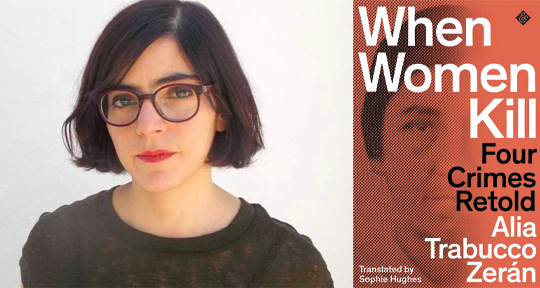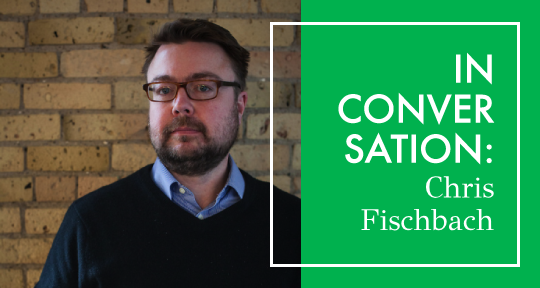When Women Kill: Four Crimes Retold by Alia Trabucco Zerán, translated from the Spanish by Sophie Hughes, And Other Stories, 2022
Could such bloody murders really have been committed by women? Did they owe their homicidal violence to advances in feminism?
Alia Trabucco Zerán has been training herself to suspect—as if it were an art form. It is this honed ability for distrust, combined with her background in law, that brings her close to the four women at the center of When Women Kill. In her debut novel, The Remainder (shortlisted for the 2019 Booker International), Trabucco Zerán told the story of Iquela and Felipe, who undertake a road trip to help their family friend Paloma collect and bury her late mother’s body. The lives of the trio are bound with the loss and terror of Pinochet’s rise to power, and as the sky darkens to the color of ash, they too dream of corpses, sinking into hazy memories. The Remainder sealed its author as one of Chile’s most recognized and poignant debut novelists, and central to its story is the same uneasiness of forgetting that pervades When Women Kill; what is true, in a lawful sense, is curled and uncurled in this text, making it one of the more incisive intersectional feminist analyses of myth and murder.
Trabucco Zerán begins her book by explaining why she undertook this study, claiming that a woman who kills is “outside both the codified laws and the cultural laws that define and regulate femininity.” Scavenging through multiple archives, court documents, films, and plays, she reconstructs the history of Corina Rojas, Rosa Faúndez, Carolina Geel, and Teresa Alfaro—four high-profile Chilean murderers of the twentieth century. She is unconcerned with learning about the motivations behind the acts; instead, the book serves as an account to remember and discern the women who commit crimes, who have expressed their rage. READ MORE…




